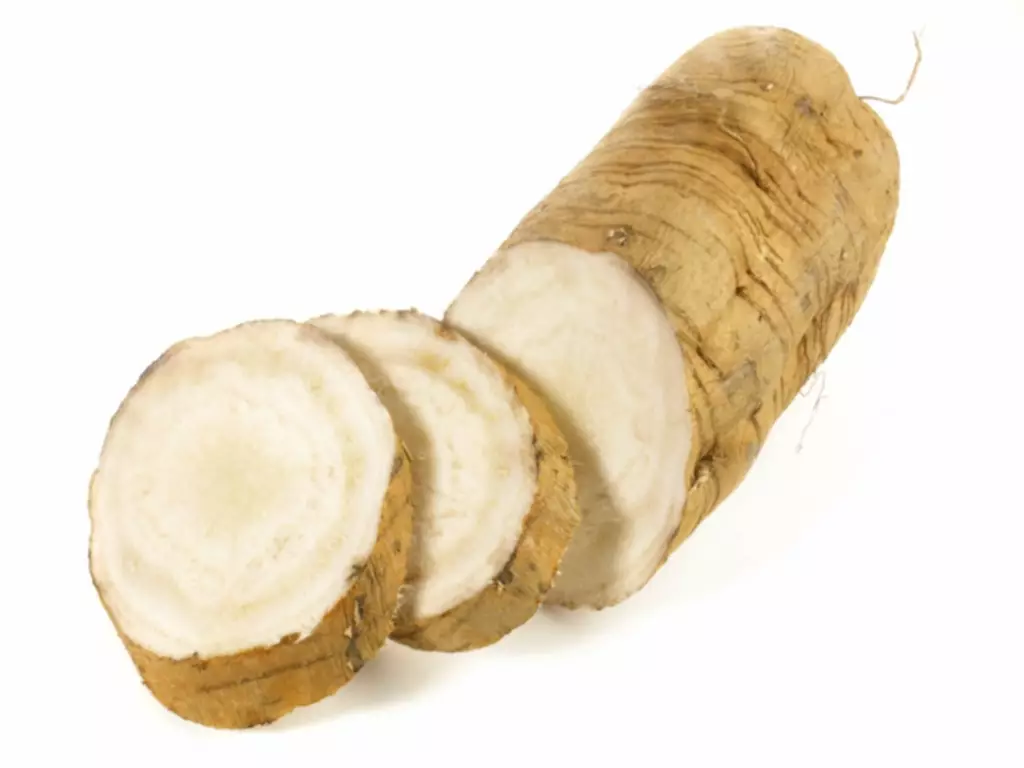Consistency is key to building a strong foundation and reaping the rewards of meditation. If you feel comfortable, visualize a supportive community around you, whether it’s friends, family, or fellow recovering individuals. Feel their love and encouragement, and remind yourself that you are not alone on this journey. Instead of judging or trying to change them, simply observe and accept them as part of your experience.
Broward Addiction Recovery Center (BARC)/Detox and Outpatient
As adaptive cognitive control is restored through mindfulness exercises, MBIs may increase functional connectivity between these top-down prefrontal networks and bottom-up limbic-striatal brain circuitry involved in reward processing and motivated behavior [22]. Increased connectivity between top-down and bottom-up brain networks implicated in addiction (e.g., frontostriatal circuitry) may provide the physiological meditation for addiction substrate through which mindfulness de-automatizes addictive behavior. Figure 1 depicts hypothesized neural functional mechanisms of MBIs for addiction. Meditation is a practice that involves focusing your mind and eliminating distractions to achieve a state of mental clarity and relaxation. It’s a method of training the mind to be present in the moment, engaging in self-awareness and inner peace.
Meditation Therapy For Substance Abuse
Alcoholics Anonymous (AA) is a fellowship of individuals who share their experiences, strengths, and hopes with each other to solve their common problem and help others recover from alcoholism. Its primary purpose is to help members stay sober and help other alcoholics achieve sobriety. At any moment, someone’s aggravating behavior or our own bad luck can set us off on an emotional spiral that threatens to derail our entire day. Here’s how we can face our triggers with less reactivity so that we can get on with our lives. Attaining mindfulness can be an amazing shift for a person in recovery who has been stuck in a state of self-loathing.

For Recovery from Substance Use Disorder
WVU Today WVU research shows mindfulness may improve substance use treatment – WVU Today
WVU Today WVU research shows mindfulness may improve substance use treatment.
Posted: Wed, 15 Nov 2023 08:00:00 GMT [source]
For instance, a recovering alcoholic can meditate when she finds herself in the parking lot outside a bar. Calming the mind for a few minutes may provide the distance needed to make a reasonable and healthy decision about whether to step into that bar or find the nearest AA meeting. Two of the primary advantages of including meditation as part of recovery for alcoholism and drug addiction are that 1) it’s easy to https://ecosoberhouse.com/ learn and 2) can be done anywhere. Meditation can take a variety of forms beyond the standard, in which a person sits quietly and focuses on his or her breathing, a spiritual connection, or a specific thing or thought. Two frequently used variations include mindfulness meditation and the meditative exercise. There’s no set time frame for a meditation session; it can be done for just a minutes or an hour or two.
Mindfulness-based interventions for addiction
In short, mindfulness is a type of meditation that teaches you to focus on your present emotions, sensations, surroundings, and thoughts without trying to interpret, understand or judge your observations. Learning how to be fully present and aware of your experience without becoming reactive or overwhelmed can help you resist sudden urges, cope with stress, and reduce anxiety. Because of this, mindfulness can be especially beneficial as you recover from addiction challenges. Begin each day with a short meditation session while you’re in drug rehab in Pennsylvania. This sets a positive tone for the day and helps you center yourself before facing potential triggers or stressors. Also, you can take short meditation breaks throughout the day, especially during moments of high stress or when cravings arise.
Non-12-step programs are not bound by a singular philosophy and thus can offer various options that resonate differently with people based on their beliefs, preferences, and needs. Programs such as Women for Sobriety and SMART Recovery are examples of non-12-step alternatives. Women for Sobriety focuses on positivity and emotional growth, encouraging participants to take control of their thoughts and actions while also incorporating holistic practices into recovery. SMART Recovery, on the other hand, is grounded in a 4-point program that adapts as scientific understanding of addiction evolves, emphasizing self-empowerment and using research-backed methods.
- In that regard, mindfulness might be conceptualized as an integral component of a wellness-oriented lifestyle – a catalyst for long-term recovery.
- There are numerous meditation apps available that offer guided sessions for various purposes, including addiction recovery.
- They can also have a significant effect on your mind throughout recovery, as they both teach you to be deliberate and pay attention to what triggers your cravings.
- If The Recovery Village is not the right fit for you or your loved one, we will help refer you to a facility that is.
- The term mindfulness describes a mental state achieved by focusing one’s awareness on the present moment, while calmly acknowledging and accepting one’s feelings, thoughts, and bodily sensations.
People inhale deeply for a count of 4, hold the breath for 4, exhale for 4, and then pause for 4 before beginning the cycle again. Another effective technique is “۴-۷-۸ Breathing.” This involves inhaling quietly through the nose for a count of 4, holding the breath for a count of 7, and exhaling audibly through the mouth for a count of 8. This pattern can be repeated several times, facilitating relaxation and easing tension. Meditation also helps to expand a person’s perspective, allowing them to assess their thoughts and feelings from multiple angles. This can help you “get out of your head” and view your experiences through a more well-rounded and empathetic lens. Enter your phone number below to receive a free and confidential call from a treatment provider.
- Many studies had high attrition rates at posttreatment and subsequent follow-ups.
- The John F. Kennedy study revealed a 65% boost in the minds of participants during meditation.
- Although it’s a helpful tool for managing stress through recovery, it’s not a replacement for treatment.
- The institute emphasizes a holistic approach to recovery, incorporating individual counseling, group therapy, and educational sessions on substance abuse and its effects.
- If you or a loved one is struggling with a substance use disorder, there is help available.
- An estimated 321,566 children in the United States lost a parent to drug overdose from 2011 to 2021, according to a study published in JAMA Psychiatry.
Body scans, mindful walking, and outdoor exercise, along with yoga, mindful breathing, and the 5 senses exercise, are mindfulness techniques that can help boost your inner calm. Many people turn to drugs and alcohol as a way to avoid painful emotions, intrusive thoughts, social anxiety, or physical pain. Unfortunately, this seemingly harmless way of avoiding discomfort can easily turn into an addiction. By teaching you to embrace the present, mindfulness can help you learn to accept uncomfortable experiences and circumstances without trying to escape them.

However, confronting uncomfortable emotions is the most difficult challenge to mindfulness and meditation. Addiction is often tied to uncomfortable feelings and memories, so facing them through meditation can be difficult. Practicing mindfulness and meditation while recovering from addiction encourages you to pay attention to what you do and think about, even things that you’ve been doing on autopilot. These things include the most mundane habits, like scrolling on social media or brushing your teeth. We all have desires, but what takes desire that extra step into addiction? Addiction can be described as a disease of the brain that is defined by cycles of compulsive substance use.

